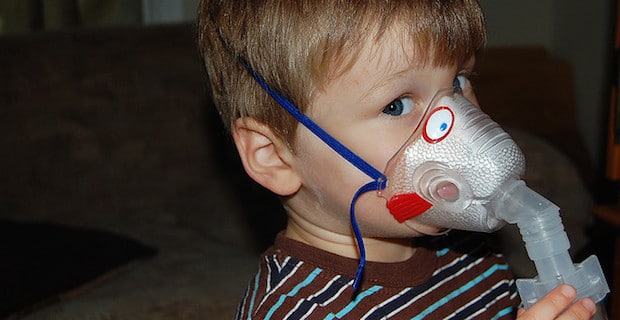
What is asthma?
Asthma occurs when the airways in the lungs become blocked to the passage of air, sometimes due to an over-production of phlegm. The muscles in the airways of the lungs can go into spasm. There may be a hereditary link that predisposes your child to developing asthma.
The Natural Approach
Natural therapies focus on strengthening the lungs, clearing phlegm, and increasing energy. There are several treatments for asthma. They should be monitored closely by a medical practitioner. I advise parents to continue use of conventional medical drugs when beginning natural therapies. Natural treatment can help to reduce the symptoms of asthma; eventually there may be a reduction in the use of drugs.
Read more about your natural medicine cabinet
Foods to Avoid
If mucous is present, limit or avoid the following foods, which can contribute to increased mucous production:
- Dairy, including cow’s milk, cream, butter, cheese
- Citrus fruits or juice
- Bananas
- Refined sugar
For general dietary guidelines, avoid processed foods, fried foods, pop, junk foods, and sugar in the diet. Children do not need these foods as they provide inadequate amounts of nutrients and can contribute to childhood obesity.
Foods to Enjoy
Are there foods that can reduce mucous? Yes! Therefore, if mucous is present, increase the following foods liberally into the diet:
- Garlic
- Onions
- Mustard
- Watercress
- Parsley
- Celery
- Lemon
For babies and toddlers, give foods that are easy to digest. Increase fruits and vegetables and avoid refined sugars! Sugar also decreases healthy immune functioning.
Supplements
Many parents are interested in the use of nutritional supplementation for their asthmatic child.There are several different types of therapies to consider, such as homeopathy or botanical medicine. Vitamin therapy is another option. These remedies are prescribed based on the symptoms of your child and presentation of other accompanying factors. Remember: it is best to seek the advice or a healthcare practitioner before trying any new supplementation with your child.
Lifestyle Factors
There may be other contributing factors that could increase the severity of asthma symptoms.
Remove from the household any items that may collect dust, especially in your child’s bedroom. Here are some guidelines to consider:
- Remove stuffed animals, carpets/rugs, heavy drapery.
- Ensure weekly cleaning of bedding and pillows
- If you have a pet, do not allow the pet in the child’s bedroom.
- Put a HEPA filter in your child’s bedroom for air purification.
- Avoid exposure to tobacco smoke and outdoor air pollution.
Read more about the health risks of air fresheners
Remember every little bit counts when it comes to the health for your child.
Image: KristyFaith










